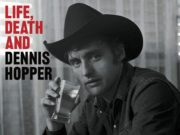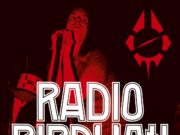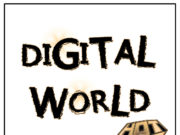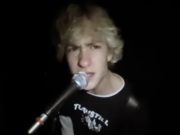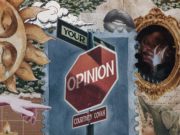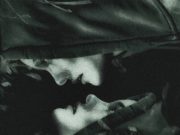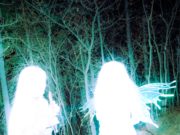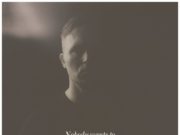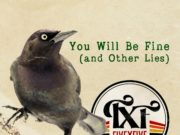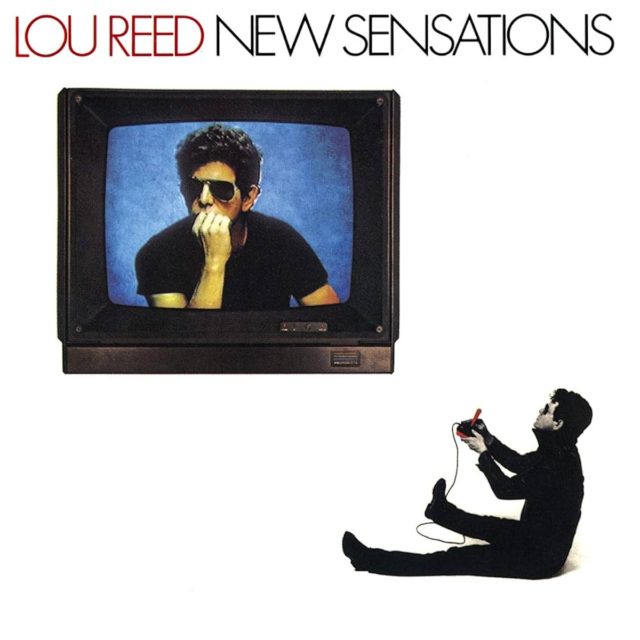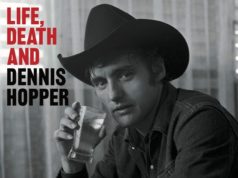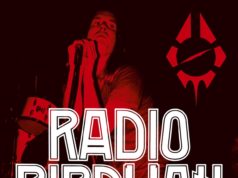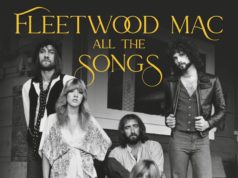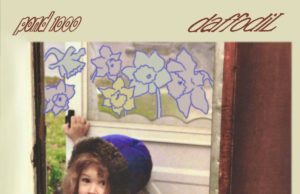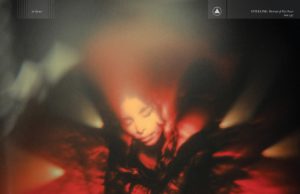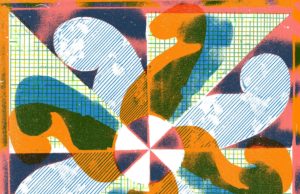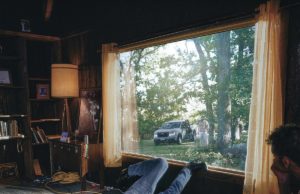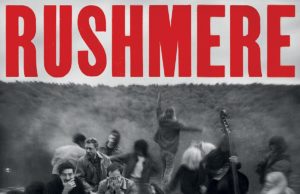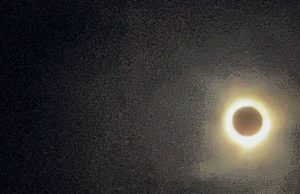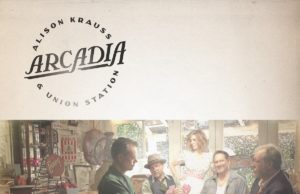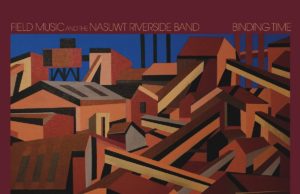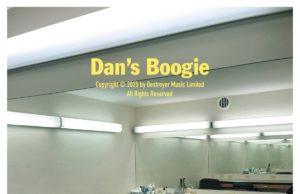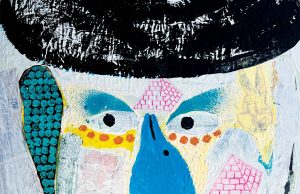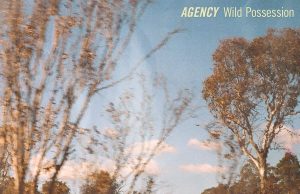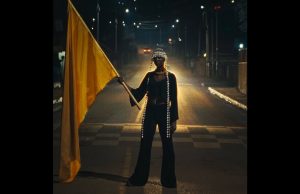 I have always considered myself a Lou Reed fan — but maybe I’m not. Or at least not an indiscriminate one — especially when it comes to his solo output. After leaving The Velvet Underground, the late legend made 20 studio albums as a solo artist, along with two more collaborations. Of those albums, I was only familiar with five. So I decided to listen to and review the remaining 15. At times it was like torture.
I have always considered myself a Lou Reed fan — but maybe I’m not. Or at least not an indiscriminate one — especially when it comes to his solo output. After leaving The Velvet Underground, the late legend made 20 studio albums as a solo artist, along with two more collaborations. Of those albums, I was only familiar with five. So I decided to listen to and review the remaining 15. At times it was like torture.
In a nutshell, Reed has a big basket of bonafide classics. Unique, unmistakable and ground-breaking songs which combine poetry and prose with a variety of music styles. But he also recorded a fly-ridden heap of awful, awful songs featuring his distinctive but poor singing, along with excessive sax and fretless bass.
Here’s one of the entries in his uneven catalog:
This 1984 release was Lou Reed’s first album to chart higher than 60 in the U.S. since Coney Island Baby in 1976 — and his first album to chart in the U.K. at all since those glory days.
After falling out with guitarist Robert Quine following Legendary Hearts, Lou handled most of the guitar parts here himself. New Sensations featured three singles, one of which — I Love You, Suzanne — was a minor hit, and the only song from this album I’d heard before. It’s also the opening track — complete with a fun spoken-word intro adapted from the classic Do You Love Me (Now That I Can Dance) by The Contours. Suzanne has everything. That jangly Reed guitar, perfectly awkward vocals and the right tempo for the melody. There’s still Reed’s everpresent farty bass, but it’s not as dominant and actually kind of fits the song in a Graceland way.
Endlessly Jealous is a solid pop song with intelligence. For the era, it is noticeably lacking in layers of dated synths and heavily processed guitar. If it weren’t for the bass, it would sound quite current. My Red Joystick was another single, and clear inspired the album cover. I can see why this was a single — and why it didn’t do much. The chorus is weak. This one has more ’80s touches than the others, including fake horns and female backing singers.
Turn To Me is a wonderful return to what we would consider today to be emblematic or representative of Lou’s sound. It’s close to what we would eventually get with the single Dirty Boulevard from New York (1989). The fade-in title track closes the first side of the record, and is in the same vein as the previous track, except it has way more (and way too much) boppy fart bass. Meh on this one.
Doin’ The Things That We Want To Do continues to prove the right guitar for a Reed album is the one played by Lou and Lou alone. It’s distinctive and perfect. The same way Chrissie Hynde’s sound is perfect for The Pretenders — ditto Bruce Springsteen, Bryan Adams, Paul Stanley and other distinctive rhythm players who front bands. I love this track.
What Becomes A Legend is quite different in that it is dominated by synth cello, followed by real nice, spacious chorus guitar and a big gated drumbeat a la Hugh Padhgam. Great backing vocals in this, too. Fly Into The Sun mixes New York (1989) with that bass again. It works here, though. The track also shows lots of restraint in that the drums never fully come in. The next track, My Friend George, has a steady, pop-style beat reminiscent of Ringo Starr in the ’90s. beat. This one is a little lame, though.
But it’s still better than High In The City, which is about as far removed from I’m Waiting For The Man or Heroin as you can get and still be about drugs. It has a gritty Reed lyric set over what could be a Bobby McFarin backing track — fart bass, female backing vocals, fake horns and a godforsaken steel drum. Bury this one in the yard with your Sylvanian Families figures.
The album ends with The Great Defender (Down at the Arcade), another track about about video games. I guess it could be worse; this could have been The Great Stargate. It almost works, but really, Lou sounds old singing about video games.
3/5
• • •
Area Resident is an Ottawa-based journalist, recording artist, music collector and re-seller. Hear (and buy) his music on Bandcamp, email him HERE, follow him on Instagram and check him out on Discogs.




